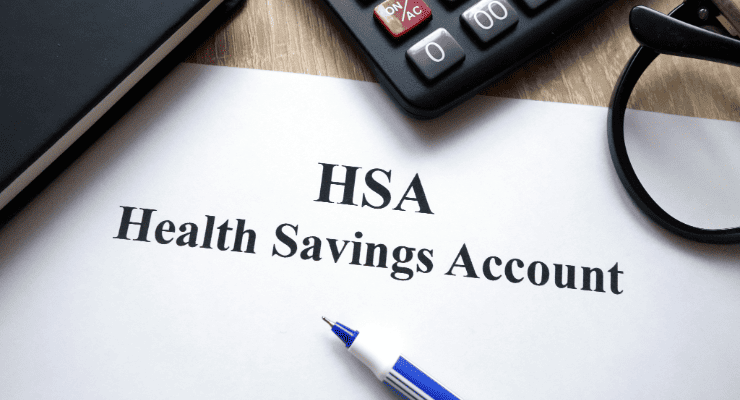Understanding HSA Plans

What’s an HSA Health Plan? A Simple Guide
Hey there! If you’re looking for a smart way to save on healthcare while keeping more money in your pocket, let’s talk about HSA health plans. I’m Shane, and I’ve been helping folks like you find affordable health coverage with LifeX Health Plans—here’s the scoop on HSAs. An HSA health plan pairs a High-Deductible Health Plan (HDHP) with a Health Savings Account (HSA)—a special savings account for medical expenses. Think of it as a two-part deal: the HDHP covers your big healthcare needs (like surgeries), and the HSA lets you save pre-tax money to pay for smaller stuff (like doctor visits, meds, or even bandages). It’s a win-win for healthy, self-employed folks earning over $70K who want to cut costs without skimping on care.
How It Works:
- High-Deductible Health Plan (HDHP): This is your plans—it has a higher deductible (the amount you pay before health plans kicks in) than traditional plans. For 2025, an HDHP means a deductible of at least $1,650 for individuals or $3,300 for families (per IRS guidelines). Your monthly premium is lower—say, $300-$500 vs. $800-$1,200 for a standard plan—but you pay more out-of-pocket for care until you hit that deductible. After that, health plans covers most costs (like 80-90%).
- Health Savings Account (HSA): This is your tax-free savings account. You (or your employer) can put money in—up to $4,150 for individuals or $8,300 for families in 2025 (plus $1,000 extra if you’re 55+). Use it for qualified medical expenses: doctor visits, prescriptions, dental, vision—even over-the-counter stuff like ibuprofen. The best part? The money rolls over year to year—it’s yours to keep, even if you switch jobs or plans.

Benefits of an HSA Plan:
- Save on Taxes: Contributions are pre-tax (lowers your taxable income), and withdrawals for medical expenses are tax-free. It’s like a triple tax break—money grows tax-free too!
- Lower Premiums: HDHPs cost less monthly—perfect if you’re healthy and don’t see the doctor often. You might save $3,000-$6,000 a year on premiums compared to a standard plan.
- Control Your Spending: Use HSA funds for what you need—$50 for a check-up, $200 for glasses, or save it for bigger stuff later. It’s your money, your call.
- Long-Term Savings: Unlike FSAs, HSA money doesn’t expire. Save it for future needs—like retirement healthcare—or invest it (many HSAs let you invest after a balance, like $1,000).

Who’s It Good For?
HSA plans are a slam dunk if you’re:
- Healthy: If you rarely need care, you’ll save on premiums and build a nest egg for emergencies.
- Self-Employed & High-Earning: Earning $70K+? You can max out contributions and slash your tax bill—$4,150 pre-tax saves you $1,000+ in taxes (at a 25% rate).
- Planning Ahead: If you rarely need care, you’ll save on premiums and build a nest egg for emergencies.Want to save for future health costs (like Medicare premiums in retirement)? HSA funds grow over time.
Benefits of an HSA Plan:
Say you’re a healthy freelancer in Miami Beach, earning $80K. You pick an HDHP with a $1,650 deductible and a $400/month premium (vs. $800 for a standard plan). You save $4,800/year on premiums. You put $3,000 into your HSA—lowering your taxable income and saving $750 in taxes (25% rate). You spend $1,000 on doctor visits and meds, tax-free, and keep $2,000 in your HSA for later. If you don’t need care, that $2,000 grows—win-win!
Is It Right for You?
If you’re healthy, self-employed, and want to save on taxes while building a medical safety net, an HSA plan’s a no-brainer. But if you have chronic conditions or high medical costs, the high deductible might sting—check with a pro to see what fits